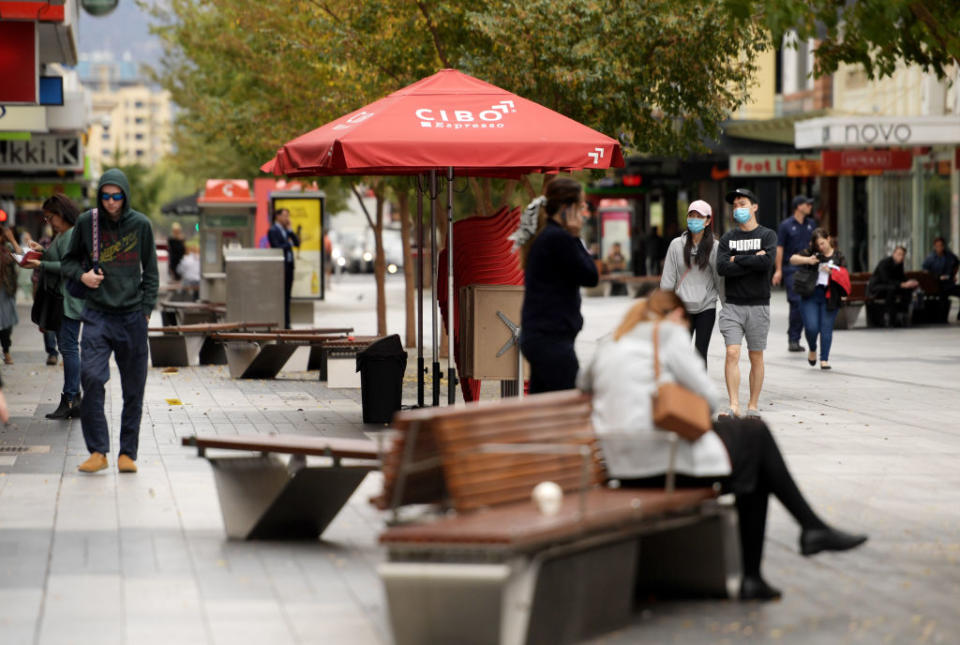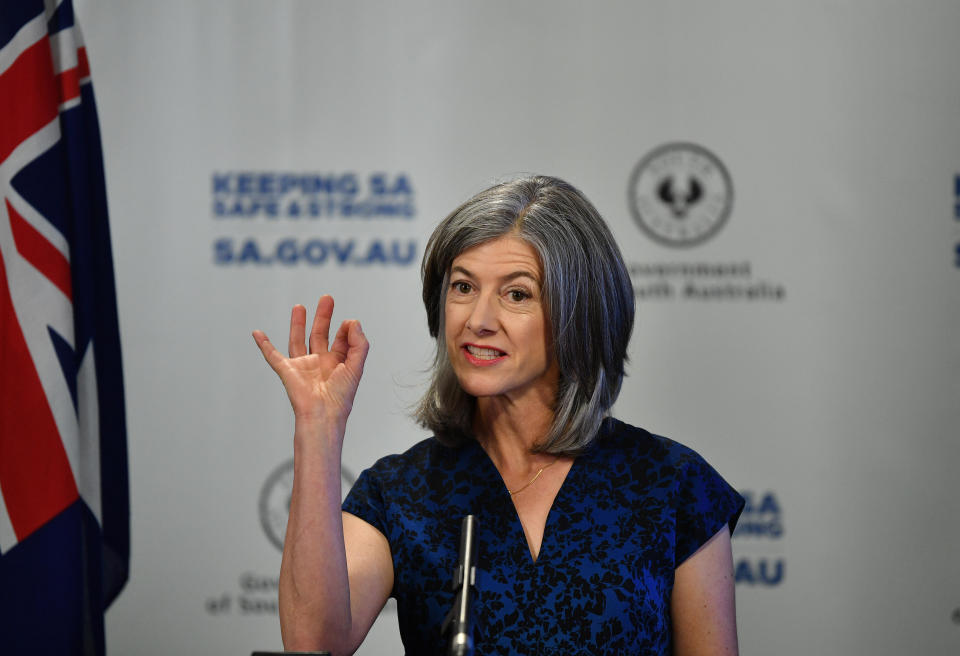'The safest place in the world': Aussie state's remarkable virus milestone
“This is the safest place to be in the world, perhaps other than New Zealand.”
Those are the confident words of South Australia’s Chief Public Health Officer, Nicola Spurrier, on Wednesday, who delivered the bold but justified statement after the state recorded zero coronavirus cases for a whole week.
And while she suggests our Trans-Tasman neighbours are outperforming us in terms of infection rates, which is understandable due to New Zealand’s stringent eradication goal, she believes South Australia is the envy of not only Australia but the rest of the world.
"I think many people are surprised in Australia at how well we have done,” she noted.

It’s a region, like the Northern Territory, that has seemingly eradicated community transmission, and with only 14 active cases left in the state, can start to eye an easing of its restrictions. There are four people with COVID-19 in South Australian hospitals and one in ICU.
South Australia has so far had an accumulative 438 cases, and as of Thursday has gone eight days without a new coronavirus case.
Rigorous testing and border closure key to SA’s success
Yet for South Australians, who have been allowed to gather in groups of 10 throughout the peak of the virus, it wasn’t its government’s stringent rules that has set it aside from the rest, however it’s early, pro-active and rigorous move to see just who exactly had the virus in the state.
"We have had, unequivocally, the highest level of testing in Australia and amongst the highest level of testing, per capita, of anywhere in the world," State Premier Steven Marshall said.
South Australia went hard early on testing, becoming the first to introduce widespread drive-through testing.
More than 55,000 tests have been performed in the state so far, and such ramped-up testing aligns with Scott Morrison’s insistence that states and territories must intensify its response in three areas – testing, contact tracing and outbreak response.
And that number will likely surge in the coming weeks as Federal Health Minister Greg Hunt announced on Wednesday Australia had acquired a further 10 million tests with the help of mining magnate Andrew Forrest.
Mr Marshall also outlined the state’s early decision to close its borders in March in being able to control the state’s number of cases.
"It's taken a lot of work and it's meant that everybody has had to play their part and I absolutely understand how difficult the restrictions have been,” Dr Spurrier said.

"But it has paid off."
Yet South Australia has been cautious when it comes to lifting restrictions, warning a second wave is inevitable if restrictions are lifted too quickly.
Dr Spurrier said any surge in cases will most likely come from interstate or overseas.
"I think it's very clear that this sort of disease can take off extremely quickly," she said.
"This is not a disease to be taken lightly.
"That's why when we're looking at what changes we can make, we want to do it in a very, very safe way.”
On Thursday, Deputy Chief Medical Officer Dr Nick Coatsworth said a potential second wave is “a concern” and the nation must continue to follow social distancing measures amid eased restrictions to minimise its impact.
Do you have a story tip? Email: newsroomau@yahoonews.com.
You can also follow us on Facebook, Instagram and Twitter and download the Yahoo News app from the App Store or Google Play.





